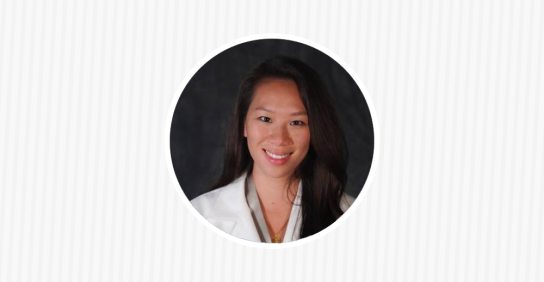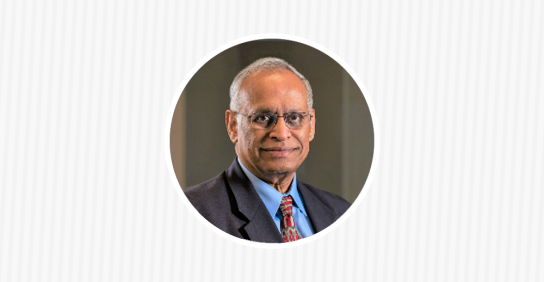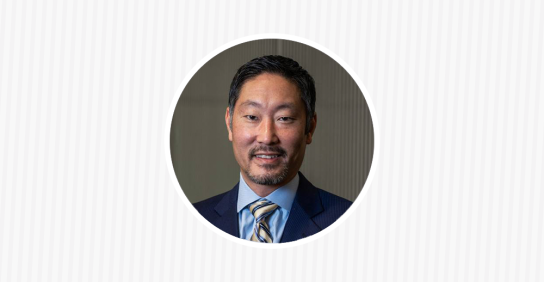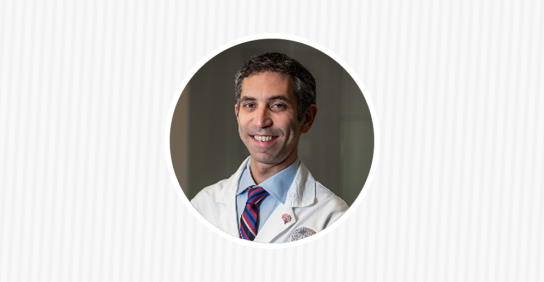Dr. Chen specializes in cerebrovascular, endovascular and brain tumors with a focus on inflammation in acute stroke, as well as the development of new therapies and clinical trials for cerebrovascular disease.
Moyamoya Disease Treatment Options
See a neurosurgeon at UW Medicine about your moyamoya treatment
Moyamoya Disease Treatment Options
See a neurosurgeon at UW Medicine about your moyamoya treatment

Get expert care for moyamoya disease today
Moyamoya disease is a rare, progressive condition that can occur in children and adults. It is a treatable condition and early intervention is important. If you or a loved one has been diagnosed with moyamoya disease, you need expert care. We’ve brought together a team of neurologists and neurosurgeons who specialize in treating moyamoya.
Moyamoya disease treatments at UW Medicine
At UW Medicine, a neurosurgeon and care team walk with you every step of the way through the treatment and beyond. The UW Medicine neurosurgery team will assess, monitor and manage your condition. Care may include regular brain scans, and if we identify areas of concern, we can treat those blood vessels.
Moyamoya disease treatments may include:
- Surgery - For many people with moyamoya disease, surgery is the best treatment. Our neurosurgeons routinely perform delicate, minimally invasive surgeries called “bypass procedures” or “revascularization procedures” to improve blood flow in your brain.
- Nonsurgical treatments - Our neurosurgeons may also recommend medication, alone or with surgery. Medication can’t stop moyamoya disease from progressing. However, certain drugs — including blood thinners and calcium channel blockers — may offer important benefits.

Stephanie H. Chen, MD

Laligam N. Sekhar, MD
Dr. Sekhar is known around the world for his expertise in treating complex neurosurgical problems, particularly cerebrovascular disorders such as aneurysms.

Louis J. Kim MD
Dr. Kim is fellowship-trained in both open vascular/skull base microsurgery and endovascular techniques for the treatment of cerebrovascular and spinal vascular diseases.

Michael Levitt, MD
Dr. Levitt provides both microsurgical and endovascular expertise, often in combination, according to each patient’s unique medical needs.
During the online scheduling process, you’ll be asked to:
- Confirm whether you have been diagnosed with moyamoya disease and have an imaging study (such as an MRI or CT scan)
- Choose whether you would prefer an in-person visit at our neurosurgery clinic in Seattle, Washington, or a video visit*
- Provide the name of the neurologist or neurosurgeon who diagnosed your moyamoya
- Provide the name of the medical facility where you were diagnosed and that has your imaging test results
*If you will be outside of Washington state, our team will call you to discuss appointment options.
Is my insurance accepted?
Leaders in neurosurgery
UW Medicine neurosurgeons specialize in all brain and spine disorders and treatments. When you choose UW Medicine, you’re choosing a neurosurgeon who is one member of a larger care team. They can refer you (or work with) any other specialists who may help improve your treatment or recovery. Our neurosurgeons also take part in medical education and research that help continuously improve your care.
